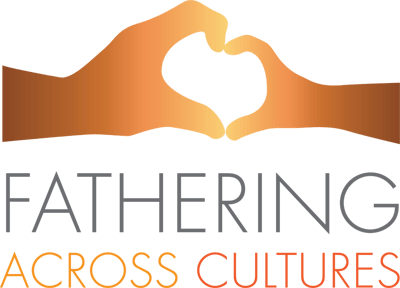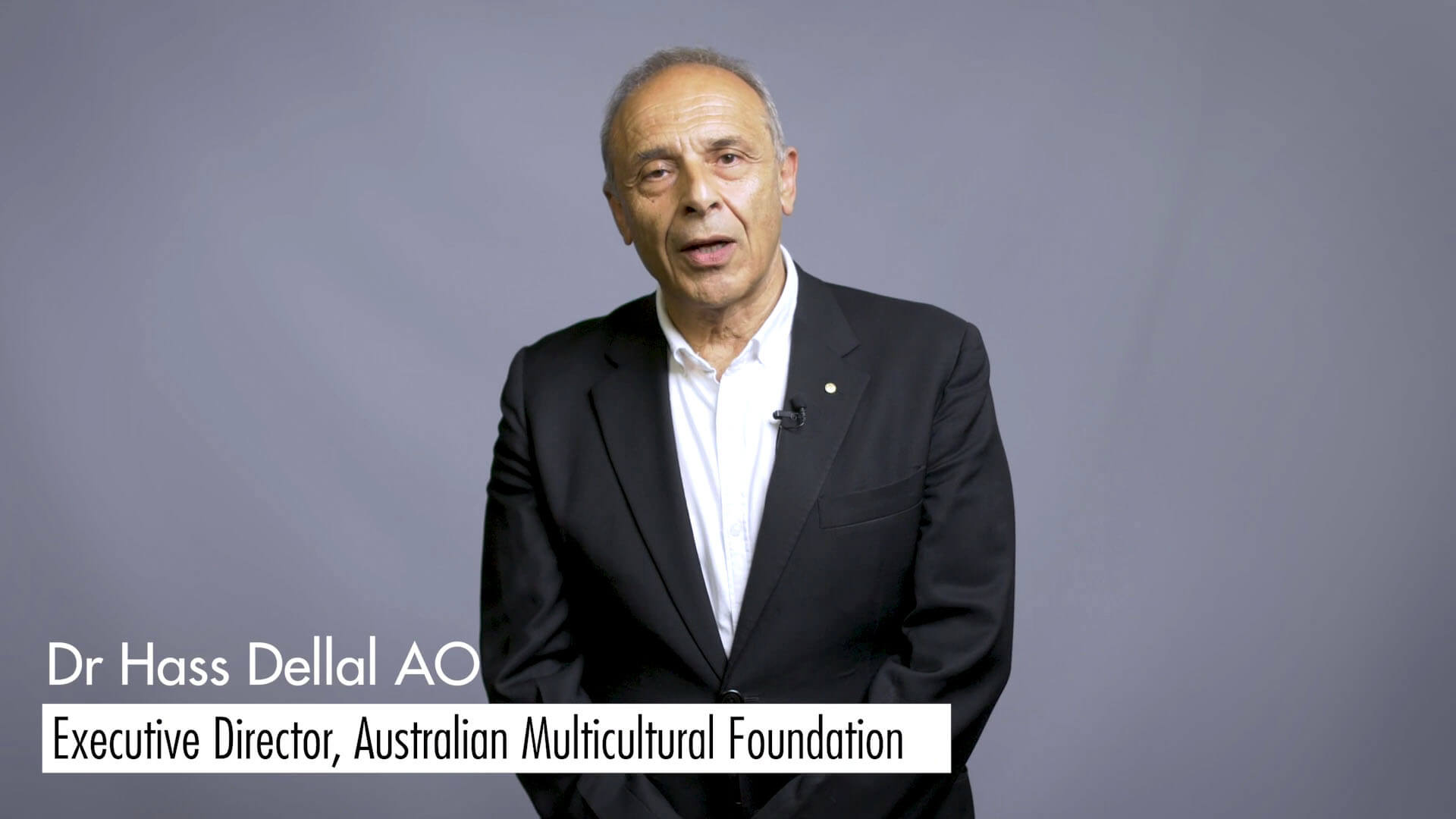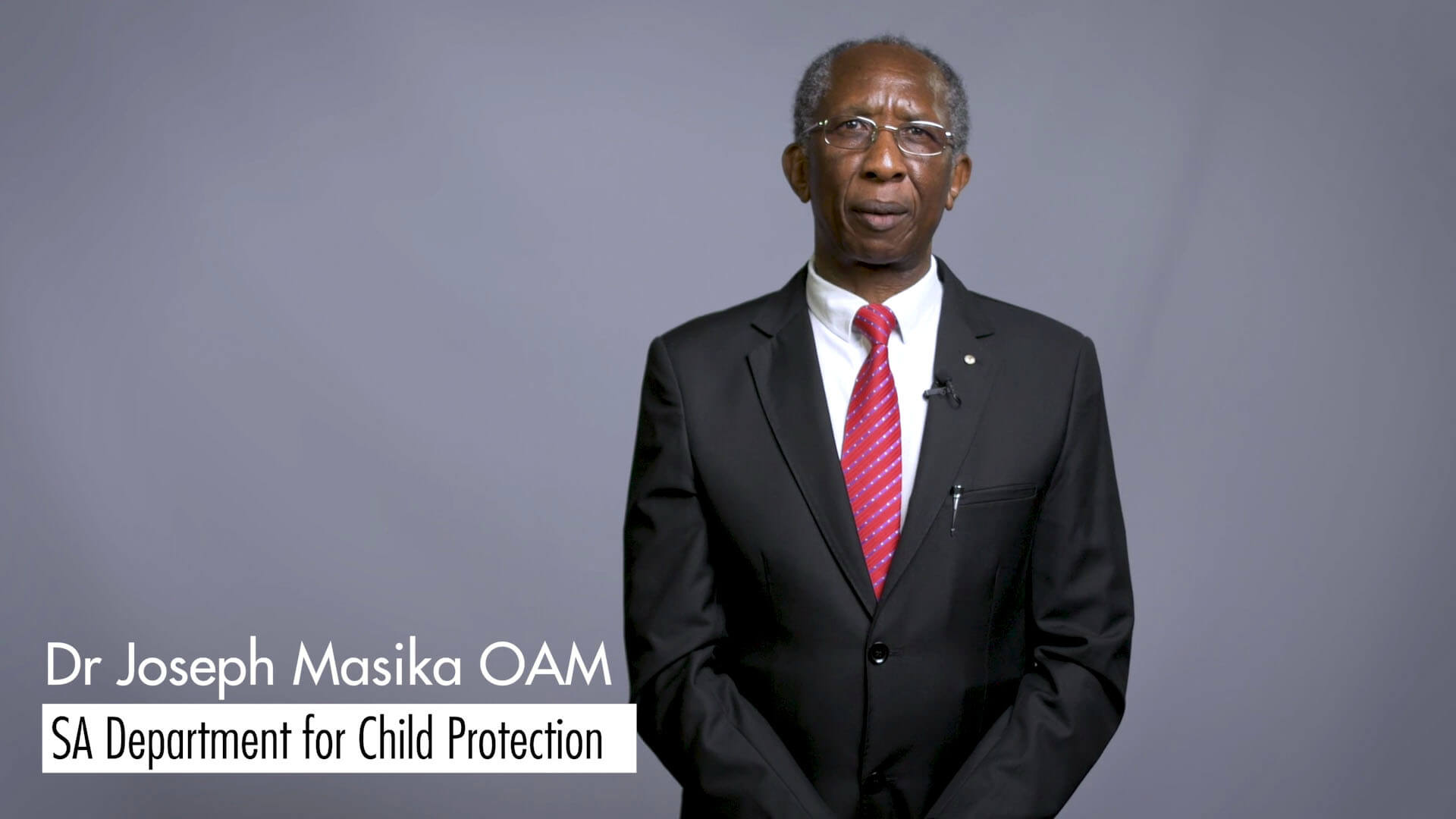Transition to fatherhood
The transition to parenthood is a time of increased risk of family and domestic violence as women experience greater vulnerability during pregnancy and post-birth[1]. Violence often begins during pregnancy or, if violence already existed, increases in severity during pregnancy and into the first months of parenthood. Becoming a father is a recognised point of additional stress, and can have a transformational impact on men and their views on gender equality.
However, the transition to fatherhood also opens up the opportunity for prevention-focused engagement that has the potential of fostering positive and respectful attitudes and behaviours in men. Such engagement can also expand men’s involvement in caregiving, which is particularly valuable in the child’s first years —from 0 to 5 years —and has an enormous impact on the child’s future health and wellbeing.
Importance of tailored approaches
Men from migrant and refugee backgrounds might find it difficult to relate to mainstream fatherhood-focused services and supports. There can be cultural, structural and service-related complexities, often interrelated, in addition to individual or family circumstances.[2]
Cultural complexities include language, ethnicity, identity, acculturation, religious considerations, cultural norms, gender roles, perceptions of services, as well as barriers related to migration and pre-migration experiences (including experiences of trauma in the case of men from refugee backgrounds in particular) and experiences of racism and discrimination.
In some cultures, disclosing family issues to a third party can affect the family’s social status in the community. The fear of bringing about perceived shame to their family often prevents men (and women) from migrant and refugee backgrounds from engaging with services and supports. Further, some communities may not be familiar with the purpose of counselling and may attach stigma to mental health issues.
Structural complexities include practical limitations such as availability and accessibility of appropriate services and supports, including clashes with work and family commitments. This is coupled with lack of knowledge or understanding of services available, and lack of confidence to navigate them. For newly arrived migrants this can become overwhelming.
Service-related complexities relate to lack of cultural responsiveness of support and service models. Men from migrant and refugee backgrounds are unlikely to engage with programs if they feel they do not meet their cultural and individual needs and expectations. It is important for this cohort to feel that their personal experiences and cultural complexities are acknowledged and that they are not being stereotyped or judged. Similarly, men from migrant and refugee backgrounds need to feel they are being treated equally and provided full and accurate information that addresses their circumstances.[3]
What to consider
Diversity of the cohort
Whether you work with men who have recently migrated, arrived as refugees, or are second-generation migrants, you will find each individual has different experiences. Each of these groups will be different depending on their individual experiences, cultural background, language, and religion. Make sure you do not stereotype cultural, religious or linguistic groups, as there is diversity within every group. Recognise the existing strengths of the person you are working with.

1. Specific needs of refugees and asylum seekers
Remember that refugees and asylum seekers may have different needs to other migrants. They may have trauma-like experiences and difficult pre-migration experiences. This might include feelings of loss, grief and difficult journeys. Their experiences may affect their capacity to seek help.[4]
2. Factors increasing vulnerability[5]
These include:
- migration and pre-migration experiences (e.g. difficult journeys in search of safety, experiences of war, migration status or visa uncertainty, changes in family structure as a result of migration)
- settlement experiences
- socio-economic factors (such as unemployment and underemployment)
- isolation and loss of family support or social networks
- lack of trust towards authorities; and
- low levels of literacy (including English language).
Due to these difficulties, fathers can be under increased pressure and stress in providing for their children.[6]
3. Family composition, dynamics and roles and responsibilities
For some men, settlement challenges include having a different role in society, changes in their family structure and income.[7] There may be gender stereotyped attitudes and beliefs relating to gender roles, that are a significant barrier to engaging men from migrant and refugee backgrounds.[8]
Some culturally-embedded views of gender roles see the raising of children as being a predominantly ‘women’s activity’ or women as responsible for maintaining family unity. Similarly, family composition may extend to aunties, uncles, cousins and extended family and they may have a greater role in raising children, in a communal setting, than is commonly practiced in Australia.
They may find the expectations of parenting and fatherhood to be different to their understanding of family. While this can be true both for first- and second-generation men, migration experience can also result in change in gender dynamics in families and intergenerational conflict.
4. Collectivist approaches
In some cultures, it is normal for the wider community to be involved in couple, family and child raising issues. Likewise, some cultures may have different, much broader concepts of personal space and privacy. The notion of confidentiality could have a broader, community application, meaning that the information can be shared beyond those immediately privy to it.[9]
5. Parent-child relationship
There may be different views on raising children, with some people preferring an approach whereby the parent has complete authority and obedience is expected from the child. In other families, children may be brought up to meet the expectations of their parents, rather than develop independence. You may find that, for some men, it is not customary in their cultures or countries of origin to be present or to be invited to be present at the birth of their children.
[1] Monica Campo, Domestic and family violence in pregnancy and early parenthood Overview and emerging interventions (2015).
[2] Australian Institute of Family Studies, Enhancing family and relationship service accessibility and delivery to culturally and linguistically diverse families in Australia (2008).
[3] Ashok Chand and June Thoburn, Child and family support services with minority ethnic families: what can we learn from research? (2005).
[4] Domestic Violence Victoria, Submission to Family Safety Victoria: Family Violence Information Sharing and Risk Assessment and Risk Management Framework (10 July 2018) 52.
[5] Eileen Pittaway and Rebecca Eckert, ‘Domestic violence, refugees and prior experiences of sexual violence: factors affecting therapeutic and support service provision’, in Australian Domestic & Family Violence Clearinghouse, Improving responses to refugees with backgrounds of multiple trauma (2013) 10-13.
[6] Andrew King, Joe Fleming, Dave Hughes, Mohamed Dukuly, Marc Daley and Tick Welsh, Practitioner’s Guide to men and their roles as Fathers, Men’s Health Resource Kit 3 (Penrith, MHIRC, Western Sydney University, 2014) 21.
[7] Andrew King, Joe Fleming, Dave Hughes, Mohamed Dukuly, Marc Daley and Tick Welsh, Practitioner’s Guide to men and their roles as Fathers, Men’s Health Resource Kit 3 (Penrith, MHIRC, Western Sydney University, 2014) 20.
[8] Claire Berlyn, Sarah Wise and Grace Soriano, Engaging Fathers in Child and Family Services: Participation, Perceptions and Good Practice (2008).
[9] Migrant Information Centre “But here, life is different…”: A Service response for the prevention and intervention of family violence within the Southern Sudanese community in Australia (2008) 26.
Download this page as a fact sheet
PDF format
Microsoft Word format


